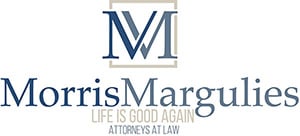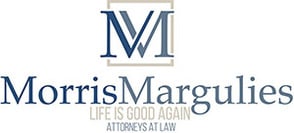A debt situation could spiral out of control, leaving a Maryland consumer with a loan and other balances, causing significant negative net worth. Chapter 13 bankruptcy might be the preferable solution for those who understand it.
Chapter 13 and payment plans
Not everyone knows the difference between the various chapters of personal bankruptcy. Some might assume bankruptcy only involves asset liquidation and debt discharges. However, that description refers mainly to Chapter 7 bankruptcy, a category requiring debtors to pass a means test proving severely troubled finances. Those earning an income might be ineligible for Chapter 7, but Chapter 13 could be a viable option.
Chapter 13 refers to a reorganization/restructuring strategy that allows wage earners and others to follow through on a payment plan that addresses obligations to creditors. While someone may earn a decent income, the revenue may be far too low to repay outstanding debt.
The reorganization could involve negotiating debts owed and establishing a three- to five-year payment plan giving creditors a portion of the money owed. Also, unsecured debt may face discharge, meaning the debtor no longer has an obligation to pay.
Notes about Chapter 13
There are a few things anyone considering chapter 13 must realize. Namely, the bankruptcy court has the final say on whether a payment plan is acceptable. The judge would likely only sign off on a realistic and reasonable offer.
Creditors may have a chance to address the payment plan offer. Still, the court issues the judgment on whether to approve anything, although it may take creditor concerns and objections into account.
Collection actions will stop when someone enters into bankruptcy. That alone could alleviate significant stress from the debtor’s shoulders. Be mindful that failing to make payments could lead to the bankruptcy’s dismissal, meaning collection could actually resume.

